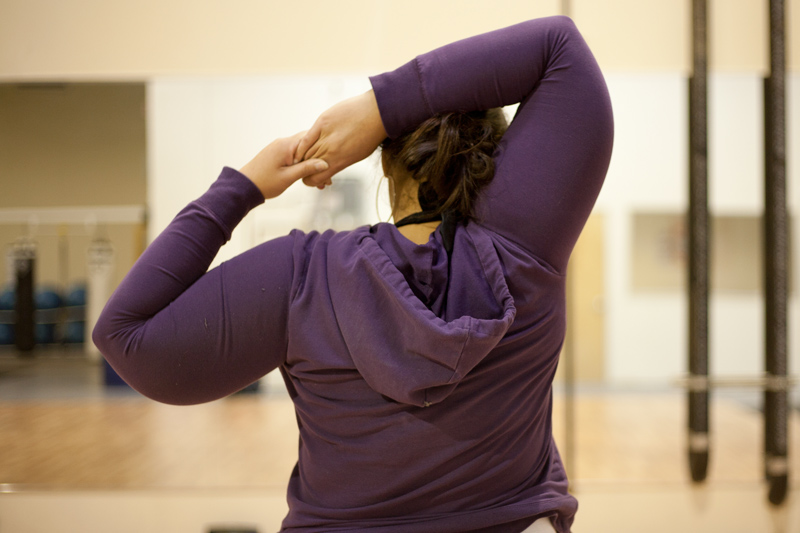Theory and Preparation
Ernest Hemingway stated “Never mistake motion for action.” Applied to bariatric surgery, this adage reminds us that a decision for an operation does not mean a guarantee for success. True action requires education and the proper support with both internal and external motivations.
Goal Development

Scientific Theories
Motivation is what prompts us to take action. Although we understand what the word motivation means, theories of motivation remain ambiguous. Scientific theories of motivation differ in the amount of emphasis they place on either biology or the environment.
The Instinct theory is one that is almost purely biological. This theory can be summarized as the perspective that we are biologically programmed to survive; all of our behaviors and motivations stem from a common genetic programming and our instincts are the forces that guide our decision making.
Most behavioral specialists believe that motivational theories that account for environmental and sociological factors are more appropriate. Sociobiological perspectives evaluate both the study of genetic and evolutionary basis of behavior and are based largely on the work of Charles Darwin and his theory of the survival of the fittest. In this school of thought, a primary motivating force for human behavior is the need to pass our genes from one generation to the next.
Drive
Drive theorists believe that there is an internal state of tension that motivates people to engage in action to reduce this tension. This is based in the idea that most organisms seem to try to maintain a state of physiological equilibrium known as homeostasis. This theory is very important to consider with bariatric surgery.
Although the exact mechanism in which bariatric surgery helps patients lose weight is ambiguous, one theory suggests that the re-routing of the intestines causes changes in hormone levels that result in change in the natural set-point for weight loss. Homeostasis changes with bariatric surgery.
Incentive Theory
An incentive may be defined as an external goal that has the capacity to motivate behavior. This does not mean that it will always motivate behavior, only that it can. Now, we get to a situation in which we can see a difference with previous theories: Drive theory acts by an internal state pushing you in a specific direction. However, incentive theory acts when an external stimulus pulls you in a certain direction.
This is a different theory and a move away from the strict biological influences of behavior. A simplified view of these theories suggests that you need to look for external motivators and incentives to help you lose weight and to keep that weight off.
Tips and Action Starters
Think about your current diet and physical activity habits, your time management skills, your strengths, your weaknesses, and your biggest fears and concerns.
Finding reasons to practice your plan

Browse through the fitness and cooking information your bariatric program provided you, or take a look through some magazines for inspiration.
See Yourself Succeed
Once you’ve done your homework and grounded yourself with information, write down your objectives, a short description of them, and what you anticipate life will be like once you accomplish your objectives.
Examples of Objectives
“After bariatric surgery, I want to lose 100 pounds, eat healthfully, and be physically active. I will take that vacation I have always wanted to go on.”
“I am going to have bariatric surgery. Before I have surgery, I am going to begin walking and eating more vegetables and whole grains. After surgery, I will follow my bariatric program’s dietary and fitness guidelines. My goal is to lose 100 pounds, and, hopefully, my type 2 diabetes, GERD, and asthma will resolve or improve.”
Tips and Action Starters
Is your objective realistic? For example, if you currently weigh 350 pounds, a goal weight of 145 pounds may not be realistic. Work with your bariatric program to ensure that your weight loss objective is realistic. Think about what you need to attain your objective: time, effort, knowledge, and resources. Recognize your small successes, too. Sleeping better, going down one belt notch, being able to park further from an entrance—these are all successes!
Try Different Cooking Techniques



